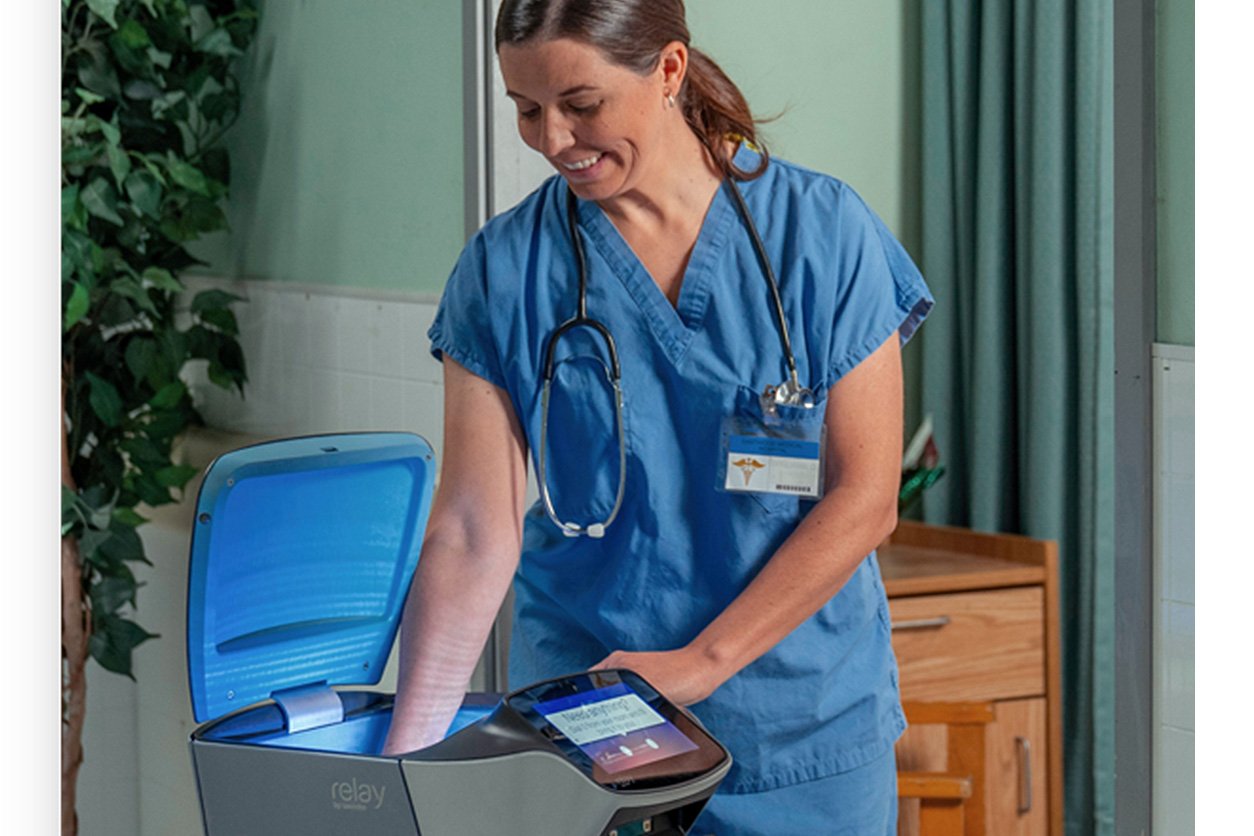When did “General Hospital” become “The Young and The Restless”? At what point did “The Doctors” turn into “As The World Turns”? And how did “Fully Staffed Hospitals” evolve into the “Healthcare Labor Crisis” drama that we’re living with today?
In a blog post earlier this year, we’ve documented “The Hotel Labor Crunch: How To Survive” for the hospitality industry. Now, it comes as no surprise that the healthcare industry is facing similar massive employment problems.

Even before COVID, hospitals and medical clinics were severely affected by systemic labor challenges. As noted in the May 2022 Health and Human Services advisory, “New Surgeon General Advisory Sounds Alarm on Health Worker Burnout and Resignation”, “The pandemic further exacerbated burnout, risking and sacrificing their own lives in the service of others while responding to a public health crisis.”
Today, the U.S. healthcare system — particularly hospitals — is still struggling to retain current staff and hire new health workers. Furthermore, the same HHS article notes, “There is a projected shortage of more than three million essential healthcare workers at all levels of experience and education in the next five years.” This is on top of “a projected shortage of nearly 140,000 physicians by 2033.”
So, what can hospitals and medical clinics do to combat this healthcare labor crisis?
A Healthcare Survey Reveals Some Answers
Notable’s State of Automation 2022 Report, a national survey of 1,000 American healthcare professionals from April 2022, revealed that healthcare retention remains a challenge:
What Can Be Done? Invest in Technology and Automation
To help protect the health, safety, and well-being of health workers, organizations should consider deploying technology, especially automation. In that same Notable survey, “81% of respondents are hopeful technology can improve their working experience.”
These workers are already primed for adopting technology to mitigate the lack of staff. Having used electronic medical records and sophisticated equipment for many years, they understand that more and better technology tools are critically important in managing the needs of a modern hospital workplace.
One Solution: Autonomous Relay Service Robots
To help solve the labor shortage and provide first-line healthcare professionals with more patient-facing time, fully autonomous Relay® Service Robots minimize workloads, speed deliveries, and relieve the strain on skilled healthcare clinicians and technicians.
A growing number of hospitals and labs are turning to these smart robots to make contact-free deliveries from their labs or pharmacy to other parts of their hospital, quickly and efficiently. They can safely navigate in crowded public environments, can call and ride elevators using proprietary technology, and can make time-consuming delivery tasks with efficient roundtrips for as little as $4 per hour.
“Before our robot, we had to stop and make hard decisions. Do I transport these specimens now to the lab myself, or do I help this patient? I have three patients in line, but there are three stat samples. Which do I do first? Now it’s very simple, we just send our robot.”
“Our robot has definitely been accepted by our staff and become one of us. He doesn’t need to take time off for holidays or sick days, and he works six days a week.”
“Our robot represents some very cool, personalized technology. He’s loved by our staff and very well received by patients. He lets us process lab tests more efficiently and discharge patients faster.”
The Bottom Line: Robots Are Efficient and Cost-Effective Workers
The healthcare industry labor challenges are here to stay, and with the industry continuing to experience unprecedented labor shortages, service robots are becoming essential tools in supplementing clinician teams and delivering timely medications, prescriptions, specimens, and more. And most importantly, by freeing healthcare workers to spend more time with patients, robots contribute to improved patient outcomes.
About Relay Robotics
Relay Robotics (formerly Savioke) is a leading supplier of simple, sophisticated, autonomous service robots that work with humans safely, securely, reliably, and contact-free. Relay Robotics and its affiliates have been technology leaders in robotics since 2013 and hold 10 U.S. patents. Relay’s robots supplement staff across healthcare, hospitality, and commercial real estate settings. They have completed more than 1,000,000 deliveries worldwide.
Relay delivery robots are currently deployed at major hotels in the United States such as Marriott, Hilton, Westin, Mandarin Oriental, Holiday Inn, and Radisson, nationally recognized hospitals such as Georgetown and Dartmouth, and commercial real estate properties. Relay robots are available via a monthly subscription or RaaS (Robots as a Service). Relay’s Rapid-Install™ trains and activates a robot within hours of arrival at a location so they can seamlessly ride elevators and navigate the entire property. Customers can name their robot and create a customized “wrap” to give it a unique character and harmonize it with their brand.
To learn more, contact us.
